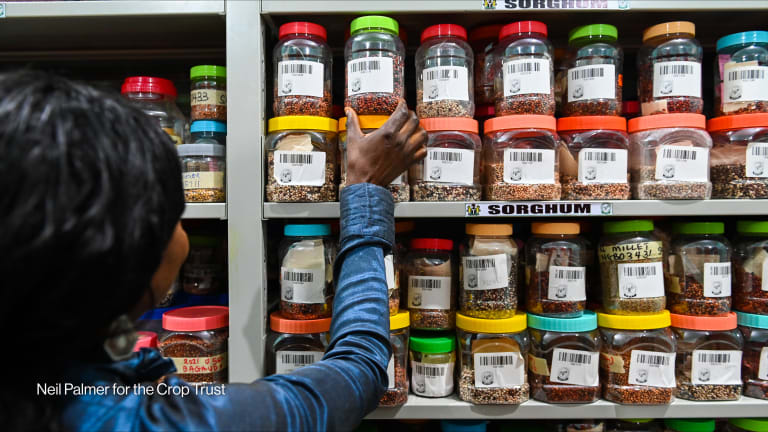On Sept. 25, the Earth Institute at New York’s Columbia University is hosting the first-ever CGIAR Development Dialogues, a global event addressing the fundamental role of agriculture, livestock, fisheries, forestry, landscapes and food systems in achieving the new Sustainable Development Goals. The achievement of these new targets will depend on delivering integrated solutions to social, environmental and economic development challenges worldwide.
Rethinking food systems — which bring together human health, nutrition, well-being and equity — for the 21st century is a huge part of this. Despite significant progress in securing the needs of the world’s poorest, over 800 million people still face chronic hunger, and 2 billion suffer from one or more micronutrient deficiencies.
At the same time, climate change is expected to reduce agricultural production by 2 percent per decade until 2050, and land degradation hampers the current and future potential of production, particularly in low-income areas. As human activity pushes us beyond the planetary thresholds of the Earth’s ecosystems, our global population will reach 9 billion by 2050. The challenge of securing food and nutrition security for all has never been so complex, and so important.








